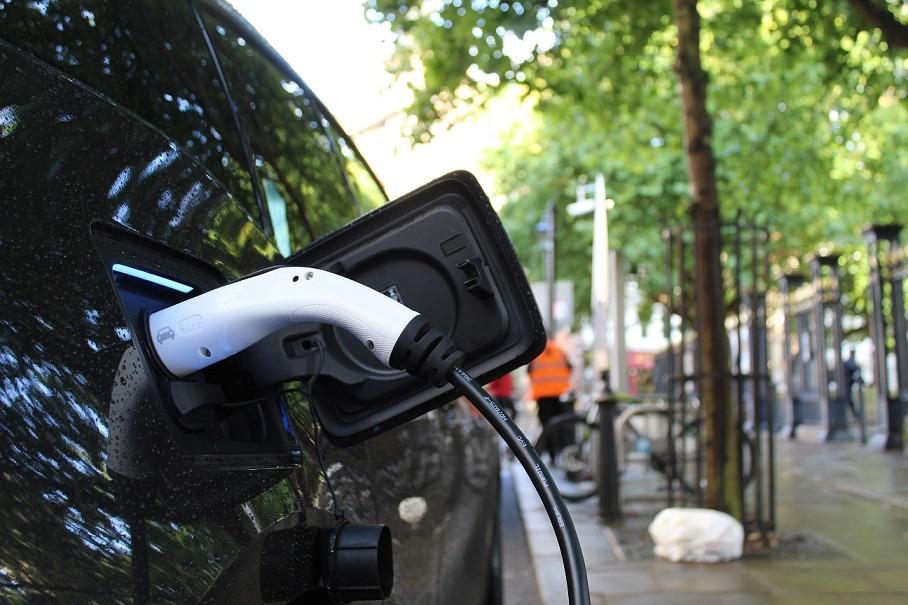The European Commission could propose a reduction in CO2 emissions for new vehicles over the next decade on Wednesday, one of the environmental measures to combat climate change and implement the European Green Pact. According to several sources quoted by AFP on Thursday, the European Commission is considering the complete elimination of car emissions starting in 2035. As electric vehicles are the only ones that meet this requirement, they will thus become the only ones authorized to be marketed in new cars, writes Agerpres.
In the EU, an average ceiling of 95 grams of CO2 per kilometer has been imposed on carmakers since last year, which will be gradually reduced to 100% in 2035 if the European Commission's proposal takes the form announced by AFP.
These figures, which are still under discussion, are a huge constraint for an industry that by 2027 will have to adapt in addition to the tightening of pollution rules for heat engines.
In a market that has declined globally due to the pandemic, the sale of electric cars is advancing strongly. These accounted for 8% of registrations in Western Europe in the first five months of this year, respectively about 356,000 vehicles, more than in the whole of 2019.
The new regulations will further favor these vehicles and encourage the abandonment of hybrid and rechargeable hybrids, which combine electric motor and battery. A cause for concern for an industry that provides 14.6 million jobs in the EU and still relies heavily on this transition technology.

If Brussels puts in place support measures, especially for the development of refueling terminals, "we are open to further CO2 reductions in 2030," said Oliver Zipse, president of the European Automobile Manufacturers Association (ACEA).
However, this lobby, which has long struggled to slow down this transition, is deeply divided. Most of its members believe that too much electrification will increase the price of cars, destroy jobs and favor Chinese competition, which is ahead of the battery.
But Volkswagen, Europe's leading automaker with about a quarter of its sales, has joined the US-based Tesla in promoting 100% electric vehicles, following the 2015 "Dieselgate" scandal which revealed that the European manufacturer had falsified diesel engine emissions.
"It simply came to our notice then. Because of Dieselgate, Volkswagen turned to electric to improve its image. The group has accepted huge investments and now has the products that comply with future legislation ", explains the German analyst Matthias Schmidt. Therefore, the group "Volkswagen is perfectly positioned to gain market share and send some competitors to the wall", he adds.
Volkswagen announced in June that between 2033 and 2035 it would stop selling combustion engines in Europe.
"A car generally has a lifespan of 15 years. If we want to have a completely carbon-free transport in 2050, then the last heat-powered car should be sold by 2035 at the latest, ”said Diane Strauss, a member of the French NGO Transport and Environment.
In a June issue, the NGO criticized Daimler (Mercedes), BMW, Stellantis (PSA, Fiat) and Toyota for their "unambitious" projects, as these manufacturers still rely heavily on rechargeable hybrids. polluting. Renault and Hyundai are well placed in this ranking, but behind Volkswagen and Volvo.
The end of electric motors in "2035 is a good compromise between 2030, which would be too early industrially and socially, and 2040, which would be too late in terms of climate", remarks the President of the Environment Committee of the European Parliament, Pascal Canfin. He also called for the creation of a "multi-billion euro" fund to support small and medium-sized enterprises in sectors threatened by this technological change.
Source: Unsplash.com
